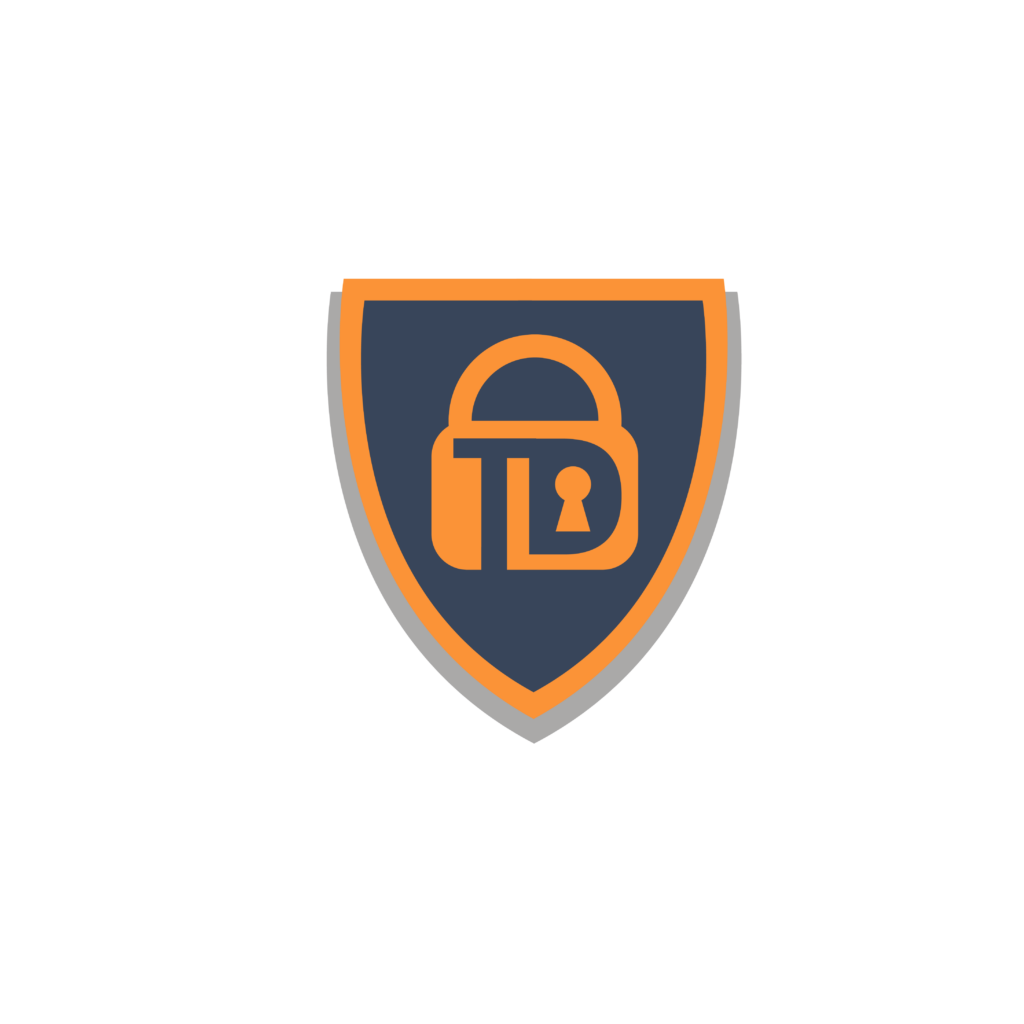In a recent development that underscores the critical importance of cybersecurity, Greylock McKinnon Associates (GMA), a prominent U.S. consulting firm, disclosed a significant data breach. This breach, which occurred in May 2023 but was only made public recently, involved the theft of approximately 341,650 Social Security numbers, among other sensitive information. The incident has raised several questions about the security practices of organizations and the implications of such breaches on individuals and businesses.
The Breach Details
The breach at GMA, discovered in May 2023, was officially disclosed after a nine-month delay, shedding light on the extent of the compromised data. The stolen information includes a range of personal details such as names, dates of birth, addresses, medical information, health insurance details, and Medicare claim numbers, all of which encompass Social Security numbers. GMA, known for providing economic and litigation support to various entities, including government agencies like the U.S. Department of Justice (DOJ), found itself at the center of a cybersecurity crisis.
The delay in disclosing the breach raises concerns about the effectiveness of GMA’s cybersecurity protocols and incident response procedures. It also underscores the challenges that organizations face in detecting and mitigating sophisticated cyber threats. The stolen data, particularly the Social Security numbers, poses significant risks to the affected individuals, including potential identity theft and financial fraud. Moreover, the inclusion of medical and health insurance information amplifies the severity of the breach, highlighting the need for comprehensive data protection measures, especially in industries handling sensitive healthcare data.
Uncovering Unanswered Questions
Despite the disclosure, crucial aspects of the breach remain shrouded in mystery. One of the primary questions is why it took GMA so long to assess the full scope of the breach and notify the affected individuals. Additionally, the specifics of the civil litigation that sparked the DOJ’s interest in GMA’s data and why hackers targeted Social Security numbers remain undisclosed. The lack of transparency from GMA and the silence from the Justice Department add layers of complexity to an already intricate situation.
The delayed response from GMA raises concerns about their communication and crisis management strategies. Effective communication during and after a data breach is essential to maintain trust with customers, stakeholders, and the public. It is imperative for organizations to be transparent about the breach details, mitigation efforts, and steps taken to prevent future incidents. Failure to do so can erode trust and lead to reputational damage, legal ramifications, and regulatory penalties.
Lessons Learned and Cybersecurity Imperatives
The GMA data breach serves as a stark reminder of the ever-present cybersecurity threats facing organizations and individuals in today’s digital landscape. It underscores the critical need for robust cybersecurity practices, proactive threat detection, and timely breach response protocols. Organizations must prioritize cybersecurity investments, conduct regular audits and assessments, and collaborate with cybersecurity experts to strengthen their defenses against evolving threats.
Moreover, the incident highlights the importance of cybersecurity awareness and training for employees at all levels. Human error and negligence often contribute to data breaches, making cybersecurity education a vital component of an organization’s defense strategy. Employees should be trained to recognize phishing attempts, adhere to secure data handling practices, and report suspicious activities promptly. Building a strong cybersecurity culture within an organization is key to mitigating cyber risks effectively.
Conclusion
As we reflect on the GMA data breach, it becomes clear that cybersecurity is not just a technical concern but a fundamental business imperative. The incident highlights the potential repercussions of inadequate security measures and the importance of transparency and accountability in handling data breaches. Moving forward, organizations must adopt a proactive approach to cybersecurity, prioritize data protection, and cultivate a culture of cybersecurity awareness among employees and stakeholders.
In light of incidents like the GMA data breach, cybersecurity solutions providers like TeraDact are at the forefront of enhancing digital defense strategies. TeraDact offers comprehensive cybersecurity solutions. By leveraging advanced technologies and industry best practices, TeraDact helps organizations fortify their cybersecurity posture and safeguard sensitive information from cyber threats. Through continuous innovation and a proactive approach to cybersecurity, TeraDact empowers businesses to navigate the complex cybersecurity landscape with confidence. By partnering with trusted cybersecurity experts like TeraDact, organizations can stay ahead of evolving threats, protect their data assets, and maintain trust and credibility in an interconnected world.

